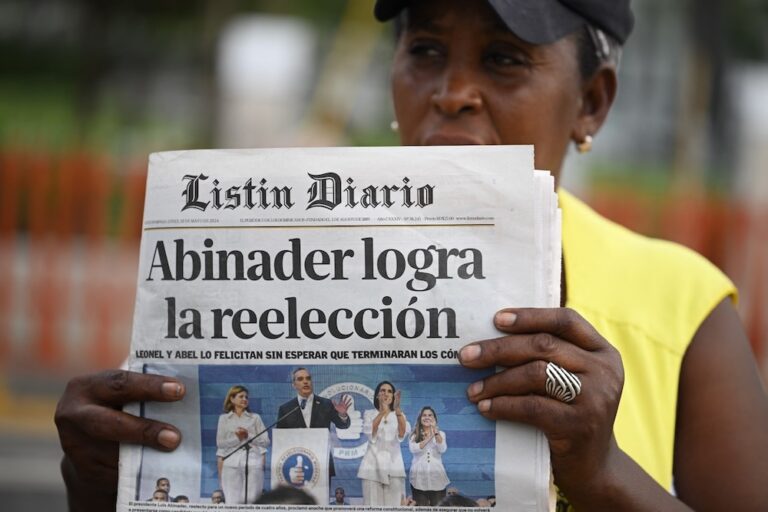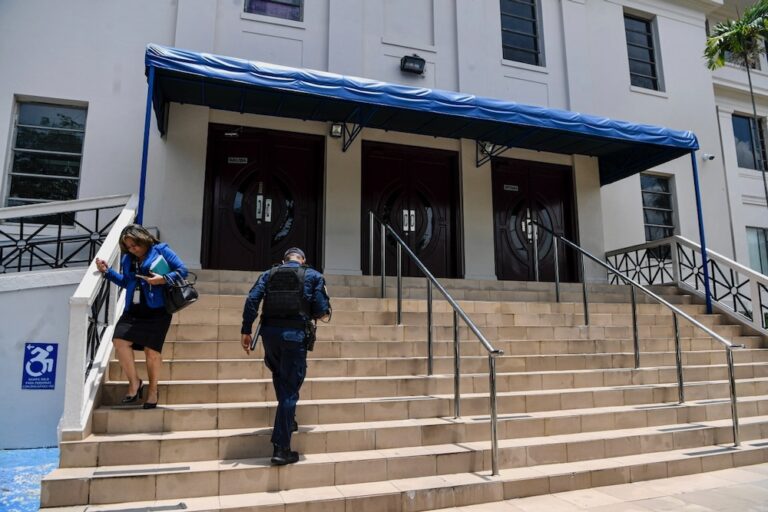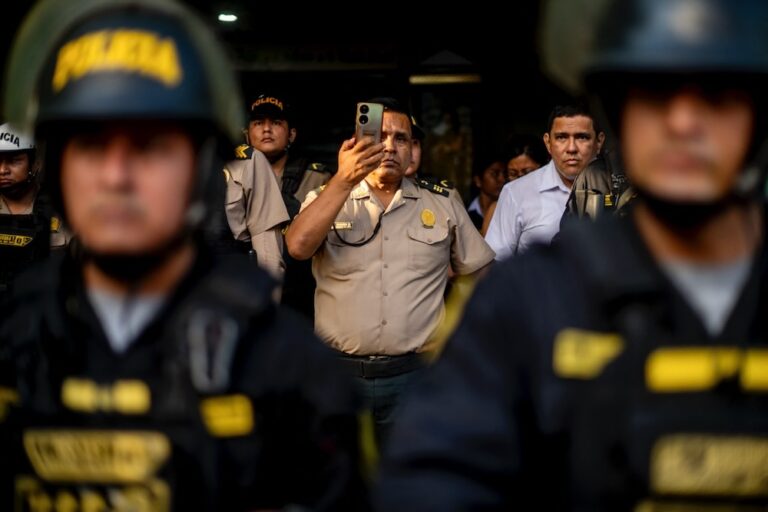The report highlights legislative changes and public policies in Latin America that have the effect of either hindering or promoting freedom of expression over the airwaves.
The concentration of radio frequencies and markets in the hands of few economic groups in many parts in the region continues to be problematic.
Legal advances have been seen in some countries; however, adverse conditions continue to prevent people from exercising their rights to freedom of expression.
The criminalisation of unlicensed radio stations continues to affect hundreds of community stations
(AMARC/IFEX) – 27 April 2010 – The Legislation Division of the World Association of Community Radio Broadcasters – Latin America and the Caribbean (AMARC-ALC) announces the release of its 2009 annual report, titled “Diversity and Pluralism in Radio Broadcasting in Latin America.” The report highlights legislative changes and public policies in Latin America that have the effect of either hindering or promoting freedom of expression over the airwaves, in commercial, public and community radio broadcasts.
Vigorous debate can be seen in several countries, some of which promote legislative changes that encourage pluralism and diversity. Such is the case in Argentina, where proposed reforms to the broadcast law are currently before the court. These legislative changes lead the way in regards to the administration of the broadcast spectrum, recognition of the diversity of the sectors and contents, and limitations to the concentration of frequencies and audiences.
However, adverse conditions continue to impede freedom of expression over the airwaves. Such is the case with the criminalisation of unauthorised radio broadcasts in countries such as Brazil, Mexico, Guatemala and Chile, despite criteria developed by the inter-American system that defines this practice as contrary to human rights. In a report published in April 2010, the Special Rapporteur for Freedom of Expression of the Inter-American Commission on Human Rights (IACHR) establishes that “it is essential that the States not make disproportionate use of sanctions in matters related to the right to freedom of expression, and in this regard, it is urgent that the legal frameworks be consistent with the inter-American standards on equality and nondiscrimination.”
The report devoted special attention to the situation in Honduras, where journalists are subject to persecution, self-censorship and instability and where there have been documented cases of radio stations that have been closed, in violation of their rights to due process.
Click here to read the full report (in Spanish only)
Read the Report of the Office of the Special Rapporteur for Freedom of Expression


